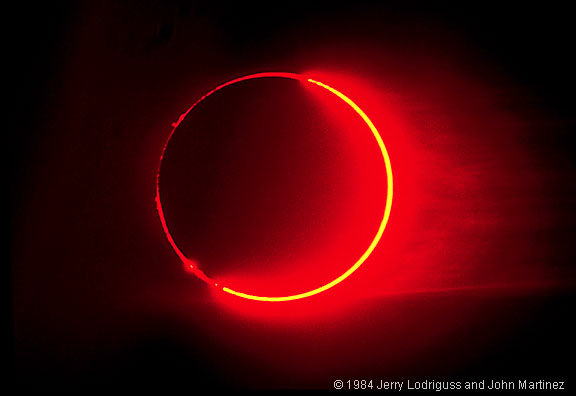The last few days I've been in an immersion class surrounded by nothing but the French language.
By choice.
I am bilingual, but needed a bit of rust knocked off my parlez-vous. So - I asked for the course: five hours a week for ten weeks and an extra week spent full-time in class.
The first day of full-time was exhausting, really hard on the old grey matter - nothing but French for seven hours straight per day. As time went on, I got a bit better. We all did. Our prof noted that fact today, and we looked at each other in mixed surprise and pleasure. We'd noticed a change - but we thought it was just our imagination.
I've noticed some parallels between this process of immersion and the new lifestyle I have been learning. Both are exhausting and take a great deal of effort and concentration at first. Both, when worked at consistently, get consistently better and the desired result comes more easily than before. And both require commitment to keep those skills sharp.
Errors can happen. And they do. But (especially with a good mentor) we learn from them, make a mental note, and then move on. Though going through it might be difficult, there's nothing inherently complicated about the process.
And the results are their own reward.
By choice.
I am bilingual, but needed a bit of rust knocked off my parlez-vous. So - I asked for the course: five hours a week for ten weeks and an extra week spent full-time in class.
 |
| Source: through Google Images: http://www.gorbould.com/blog/index.php/ 2007/07/cbc-signage-of-the-apocalypse-french-class/ |
I've noticed some parallels between this process of immersion and the new lifestyle I have been learning. Both are exhausting and take a great deal of effort and concentration at first. Both, when worked at consistently, get consistently better and the desired result comes more easily than before. And both require commitment to keep those skills sharp.
Errors can happen. And they do. But (especially with a good mentor) we learn from them, make a mental note, and then move on. Though going through it might be difficult, there's nothing inherently complicated about the process.
And the results are their own reward.
























